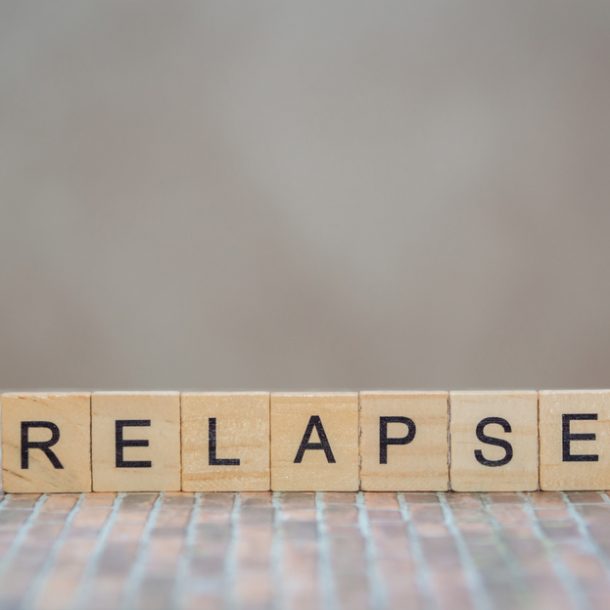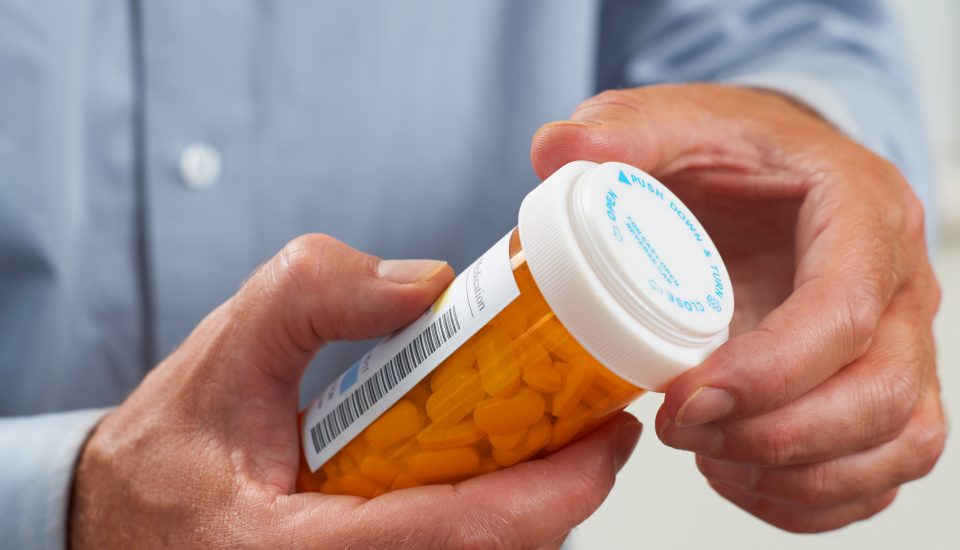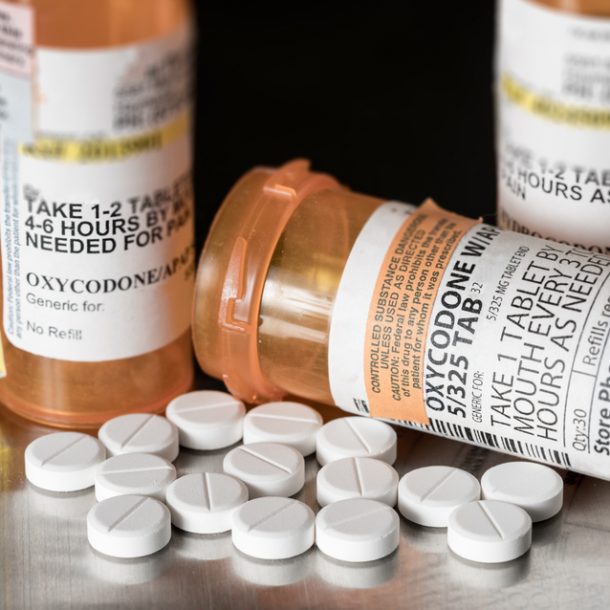
Benzodiazepines—commonly known as benzos—are a popular and potent group of medications used to treat anxiety and other related disorders. When prescribed and closely monitored by medical personnel, benzos are an effective short-term tool as part of an overall individualized mental health treatment plan. Benzos are highly effective medications, but they also have high addiction potential. Some people who are prescribed these powerful medications may begin misusing them, and this misuse can lead to Xanax dependency and even Xanax addiction.
Some people often ask are benzos addictive?
The short and simple answer is yes. Benzodiazepines not only can cause addiction; these medications can create issues that can potentially be life-threatening. If you or a loved one are struggling with benzo dependence, this article will further explain what benzos are, their application, and the reasons why they are so addictive. You will also learn the warning signs of benzo addiction and where you can get professional help.
What are Benzos?
Benzos are a class of drugs that have powerful sedative properties. These drugs are usually given as a short-term treatment option and typically given in a 2 to 4-week period. As stated in the introduction, benzodiazepines are designed to be used as part of a comprehensive mental health treatment plan. Benzos are usually taken orally or in liquid form but can, in some instances, be administered through intravenous injection.
Common benzo medications include the following:
- Xanax
- Klonopin
- Valium
- Librium
- Ativan
- Dalmane
Benzos are commonly prescribed for people suffering from anxiety and panic attacks. They can also be used by people who are suffering from insomnia and other sleep disorders, and can also be used to help in alcohol withdrawal.
Sobermind Recovery Center is a Southern California rehab center ready to help you today. Contact us now to learn more about our addiction treatment programs for addiction drug abuse.
Are Benzos Addictive?
For those who ask the question, are benzos addictive, the answer is a definite yes. This may come as a surprise to some since they may assume they are “safe” because a doctor prescribes them. The reality is that benzos are highly addictive, and benzo addiction is common in those who misuse these medications.
Benzodiazepines are designed to act on certain receptors in the brain called GABA receptors. When benzos are administered, their chemical makeup allows them to perfectly fit into the GABA receptors like a lock and key. As a neurotransmitter, GABA reduces the number of electrical impulses that go between neurons. As a result, people will feel a profound sense of calm and relaxation. If people misuse benzo medications, they will build a tolerance to the medications and will need to increase the dosage in order to get the desired effect. Over time, the brain will gradually stop producing those neurotransmitters on its own. At that point, people will need to take benzos in order to function on a daily basis.
If people try to curb their intake to stop taking benzo medications altogether dramatically, their body and brain will attempt to find equilibrium. As a result, people will experience withdrawal symptoms that can be extremely uncomfortable and painful to endure. If they have underlying health issues or abusing other substances, their withdrawal symptoms can become life-threatening.
What are the Symptoms of Benzo Abuse?
Those who experience benzo addiction will attempt to hide their use from loved ones. While they go to great lengths to “keep up appearance”, there are obvious signs of benzo abuse that are hard to ignore. Some of the most common include:
- Slurred and slow speech
- Confusion
- Poor judgment
- Lack of motor coordination
- Dizziness
- Inability to defend oneself in the case of an attack or threat
- Drowsiness
- Difficulty breathing
What are the Symptoms of Benzo Withdrawal?
The symptoms of benzo withdrawal tend to be more psychological than physical. However, withdrawal symptoms can be unbearable and can lead people back to active use. Common withdrawal symptoms include the following:
- Tension and anxiety
- Heart palpitations
- Psychotic reactions
- Hallucinations
- Insomnia
- Headaches
- Muscle pain
Typically, withdrawal symptoms last 10-14 days. However, the period of time withdrawal occurs is dependent on one’s age and overall health, underlying medical conditions, amount of drugs used and frequency, length of time benzos have been abused, and if there are other substances being abused by the individual.
Contact Sobermind Recovery Center for comprehensive addiction treatment programs in Southern California and begin your path to recovery today.
About Us




